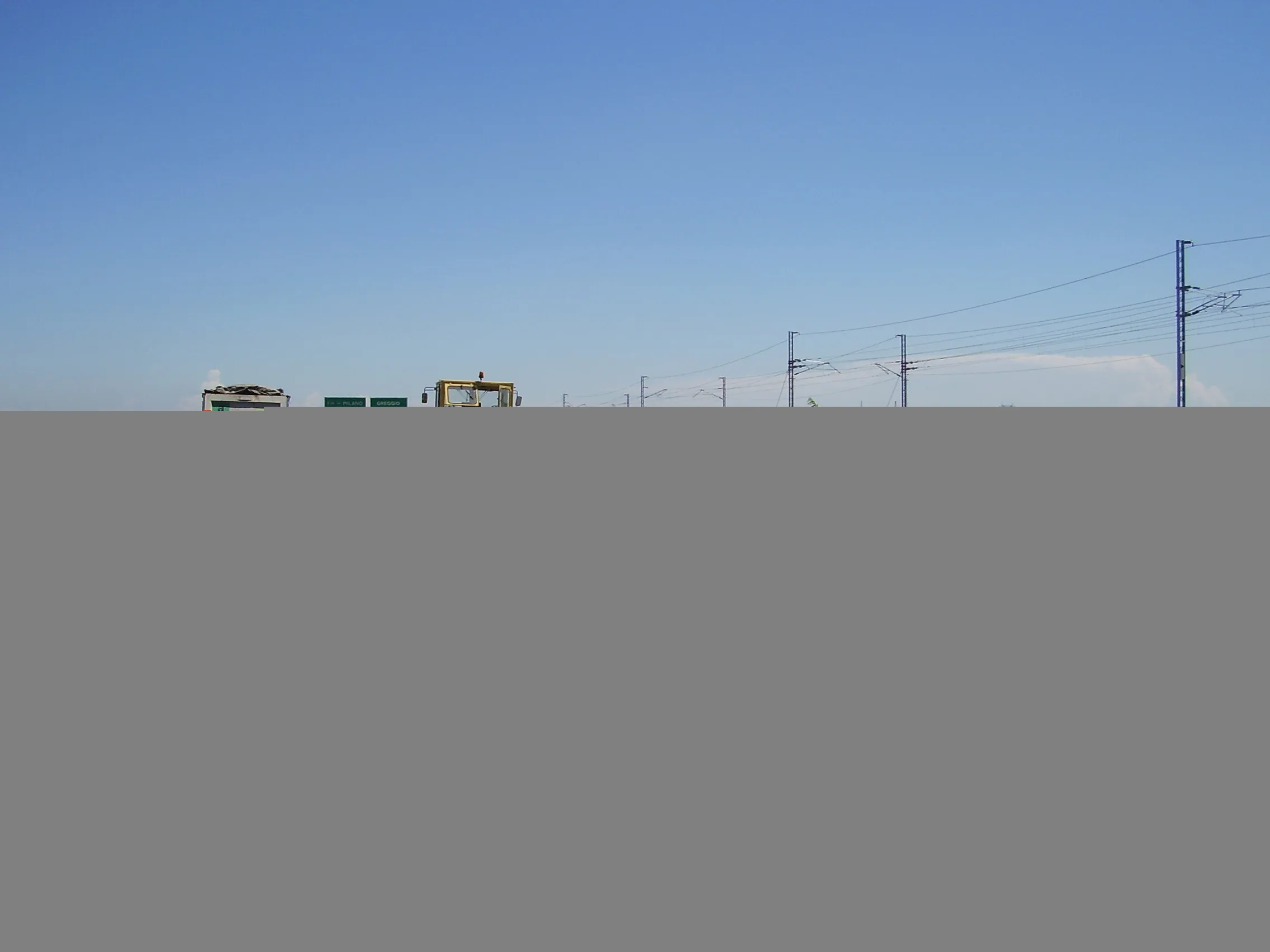Mike Harper, business development director at highway maintenance materials specialist Stirling Lloyd, has been appointed chairman of the UK Road Surface Treatments Association (RSTA) in the UK. Harper brings 15 years’ experience with Stirling Lloyd to the role of raising awareness of new techniques and technologies for highways maintenance to the RSTA’s 84 member companies.
He will work closely with key industry stakeholders and major client groups in the UK, such as Highways England, the Highways Te
May 18, 2015
Read time: 2 mins

Mike Harper, business development director at highway maintenance materials specialist 2314 Stirling Lloyd, has been appointed chairman of the UK Road Surface Treatments Association (3294 RSTA) in the UK.
Harper brings 15 years’ experience with Stirling Lloyd to the role of raising awareness of new techniques and technologies for highways maintenance to the RSTA’s 84 member companies.
He will work closely with key industry stakeholders and major client groups in the UK, such as8100 Highways England, the 2479 Highways Term Maintenance Association and the Association of Environment, Economy, Planning and Transport (3514 ADEPT).
Harper said it is more important than ever to help highway assets managers to get the most from their budgets while at the same time delivering good value for money to the UK tax payer.
“We need to actively promote whole-life cost technologies that keep roads in a safe and serviceable condition. I welcome this responsibility and hope I can maintain the excellent reputation that RSTA enjoys in this industry," Harper said.
Harper brings 15 years’ experience with Stirling Lloyd to the role of raising awareness of new techniques and technologies for highways maintenance to the RSTA’s 84 member companies.
He will work closely with key industry stakeholders and major client groups in the UK, such as
Harper said it is more important than ever to help highway assets managers to get the most from their budgets while at the same time delivering good value for money to the UK tax payer.
“We need to actively promote whole-life cost technologies that keep roads in a safe and serviceable condition. I welcome this responsibility and hope I can maintain the excellent reputation that RSTA enjoys in this industry," Harper said.








